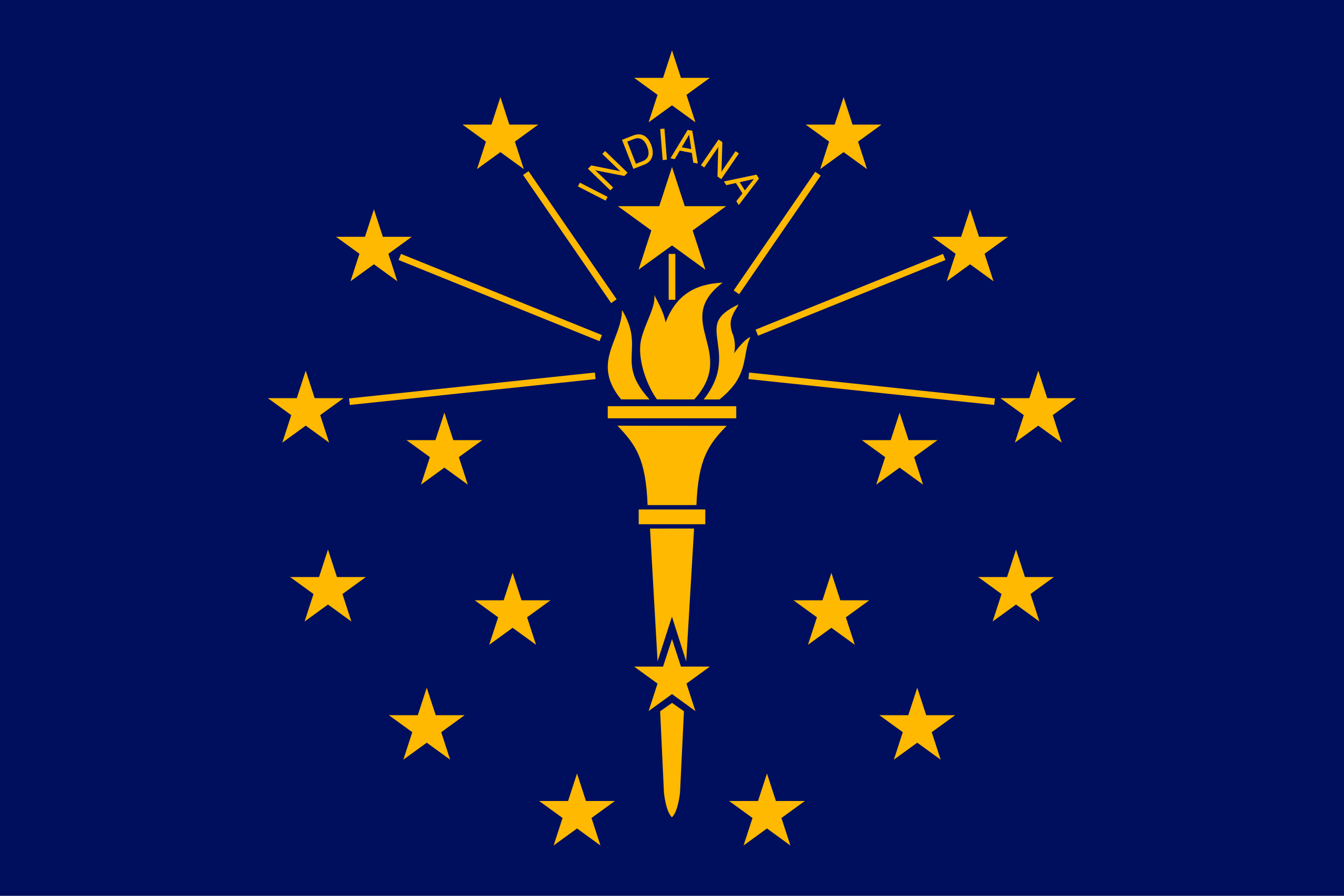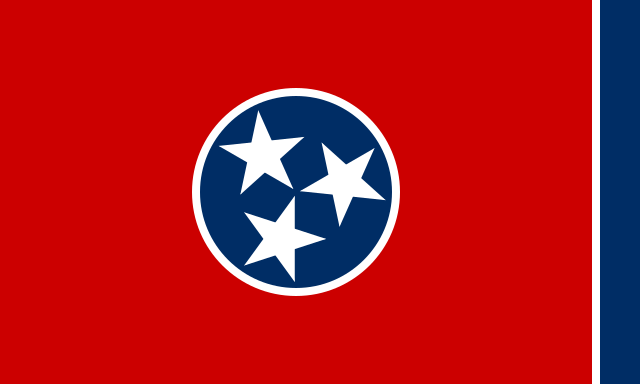Torben Robertson
7 mins
2023 CRA Per-Kilometre Rate
The 2023 CRA per kilometre rates are set at $0.68/km for the first 5,000 kilometres driven in a year, and $0.62/km after that.

Follow us on LinkedIn
Our PageUpdate: 2024 CRA per kilometre rate is here!
The 2024 CRA mileage rate has been announced. To see the new rate, check out this blog post:
Introduction
The CRA per-kilometre rate is the rate paid per kilometre driven for work related expenses. The 2023 CRA per kilometre rates are set at $0.68/km for the first 5,000 kilometres driven in a year, and $0.62/km after that. This reimbursement rate covers things like gas, vehicle maintenance, and insurance. The CRA per kilometre rate is a mileage reimbursement rate.
If you’re a Canadian who drives for work or a business owner in Canada, it’s important to know what the CRA per kilometre rates are so that you can plan accordingly. Keep reading to learn more about the 2023 CRA per kilometre rates and how they may affect you!
What is the CRA Mileage Rate in 2023?
The Canadian Revenue Agency (CRA) Mileage Rate for the year 2023 has been set at 68 cents per kilometre for business travel, with a 4-cents-per-kilometre rate for charitable and medical purposes. It is important to keep these rates in mind when claiming expenses related to operating a vehicle such as fuel and repairs, as it can be used against income sourced from employment or business activities. Additionally, it is necessary to maintain records that indicate the date of each trip, the purpose of the trip, and the kilometres travelled so that any claims are verified upon audit.
“The limit on the deduction of tax-exempt allowances paid by employers to employees who use their personal vehicle for business purposes in the provinces will increase by seven cents to 68 cents per kilometre for the first 5,000 kilometres driven, and to 62 cents for each additional kilometre. For the territories, the limit will also increase by seven cents to 72 cents per kilometre for the first 5,000 kilometres driven, and to 66 cents for each additional kilometre,” per Canada’s Department of Finance.
The rate applies from British Columbia to the Maritimes, including Quebec, but it is different in the North.
What is the Canada Revenue Agency?
The Canada Revenue Agency (CRA) is an independent agency and part of the Federal Government of Canada. Its mission is to help Canadians benefit from available tax and other credits and deductions, as well as to comply with administrative requirements. The CRA makes sure that everyone meets their obligations under Canadian taxation law by administering tax laws for all levels of government, enforcing payment, collecting taxes, and overseeing refunds and credits. They also administer government programs, including the Canada Pension Plan (CPP); Old Age Security (OAS), Registered Retirement Savings Plans (RRSPs); GST/HST credit; Universal Child Care Benefit; Working Income Tax Benefit; and more. By offering Canadians comprehensive services in a cost-effective manner, the CRA ensures fairness, integrity, and service excellence.
The CRA mileage rate is a reasonable per kilometre allowance and can be paid to drivers tax-free
The CRA mileage rate is an excellent option for businesses or individuals who require reimbursement for using their vehicle on the job or during work-related travel. The reimbursement rate of $0.68 per kilometre incurred can be paid without taxes. A number of requirements must be met in order to receive the CRA mileage rate; however, overall, it’s a convenient and reasonable way to invoice driving expenses without worrying about tax implications down the line.
The requirements that you have to meet in order for a rate to be considered reasonable are the following:
- This allowance is calculated solely based on the amount of company-related kilometres driven in a year.
- The rate per-kilometre is “reasonable,” i.e. is the same as the rate stated in section 7306 of the Income Tax Regulations
- You did not pay any other kind of allowance for the vehicle in question. If you decide on the allowance without including any reimbursements for tolls, ferry fees, and supplementary business insurance premiums then this does not apply to your situation.
Mileage reimbursement rates in the Northwest Territories, the Yukon, and Nunavut
For those who live and work in the Northwest Territories, Yukon, and Nunavut, mileage reimbursement rates are a critical part of their job. For the first 5000 kilometres driven in any given year they are reimbursed at 72¢ per kilometre; however, they receive 66¢ per kilometre driven after that. Understanding rate changes can help ensure that professionals living and working in these Northern territories maximise their journey claims and receive what they are rightfully entitled to.
Business owners need to know about CRA rules for reimbursing vehicle expenses
As a business owner, complying with the CRA rules for vehicle expenses is incredibly important in safeguarding your company’s financial position. Gone are the days when mileage reimbursement was fuzzy at best; the CRA has released detailed guidelines regarding claims that business owners need to be aware of in order to stay compliant. By understanding and following these rules, businesses can ensure they are not wasting money on over-inflated expense reimbursements and audit risk is minimised. Ignoring or taking a lax approach to reimbursing vehicle expenses could put your company’s finances at risk – make sure you understand the CRA regulations before submitting any claims.
What the CRA considers business-related driving
For employees who drive for work in Canada, the Canada Revenue Agency (CRA) considers only business-related travel as eligible for reimbursement. Business owners need to be aware that they need to reimburse employees properly and should not include commuting costs in reimbursements. The amount eligible is determined by the CRA’s per kilometre rate, which factors in vehicle expenses such as fuel, repairs and insurance. It is important for employers to understand when travel is considered ‘business-related’ so employees can be reimbursed correctly.
How the CRA treats a Combination of flat-rate and reasonable per-kilometre allowances
When an individual receives flat-rate and per-kilometre allowances from his or her employer in combination, the Canada Revenue Agency (CRA) treats this as a taxable benefit. Therefore, it is up to the individual to be accountable for these amounts of money and to claim them on their tax returns. Employers must comply with the CRA regulations by deducting CPP, EI, and income tax from flat-rate and per-kilometre allowances. Individuals should ensure that the agency has been made aware of all flat-rate and per-kilometre allowances that they might have received over the course of a year in order to comply with its regulations.
You can read more about the CRA’s treatment of these allowances here.
How the CRA treats flat rate automobile allowances
The Canadian Revenue Agency (CRA) considers flat rate automobile allowances as taxable income for employees. As such, these allowances must be deducted from an employee’s paycheque by the employer, who is also required to deduct CPP, EI and income tax. To get a tax deduction when claiming these allowances, it is important that employees do the accounting themselves when filing their taxes. This way they can ensure that these amounts are properly filed and used to their own benefit when paying taxes.
You can read more about the CRA’s treatment of these allowances here.
Historical Mileage Rates in Canada
Canadian automobile allowance rates have changed significantly over the past several years. For 2023, the rate is 68¢ per kilometre for the first 5,000 kilometres driven and 62¢ per kilometre driven after that. In the Northwest Territories, Yukon, and Nunavut, there is an additional 4¢ per kilometre allowed for travel. Automobile allowance rates for earlier years may vary widely; for 2020, 2021 and 2022 are 61¢, 59¢ and 59¢ per kilometres respectively for the first 5,000 kilometres driven each year. For 2016 – 2018 these rates were 54-55 cents respectively whereas in 2015 it was 55 cents per mile for the first 5,000 kilometres driven. These differing rates are essential to consider before planning business driving in Canada.
Conclusion
As a business owner, it’s important to know about the CRA rules for reimbursing vehicle expenses. The mileage rate for 2023 has been set by the CRA and is a reasonable per kilometre allowance that can be paid to drivers tax-free. However, there are some exceptions in the Northwest Territories and Nunavut where the rates are different. It’s also important to note that when you drive your personal vehicle for work, this is considered a taxable benefit. You can claim driving allowances that have been taxed as a deduction on your personal income tax return. If you want to run a mileage reimbursement program today, contact Cardata. We would be happy to help you get started.
Disclaimer: nothing contained in this blog post is legal or accounting advice. Consult your lawyer or accountant and do not rely on the information contained herein for any business or personal financial or legal decision making. While we strive to be as reliable as possible, we are neither lawyers nor accountants. For several citations of IRS publications, on which we base our blog content ideas, please always consult this article: https://www.cardata.co/blog/irs-rules-for-mileage-reimbursements. For Cardata’s terms of service, go here: https://www.cardata.co/terms.
Share on:


